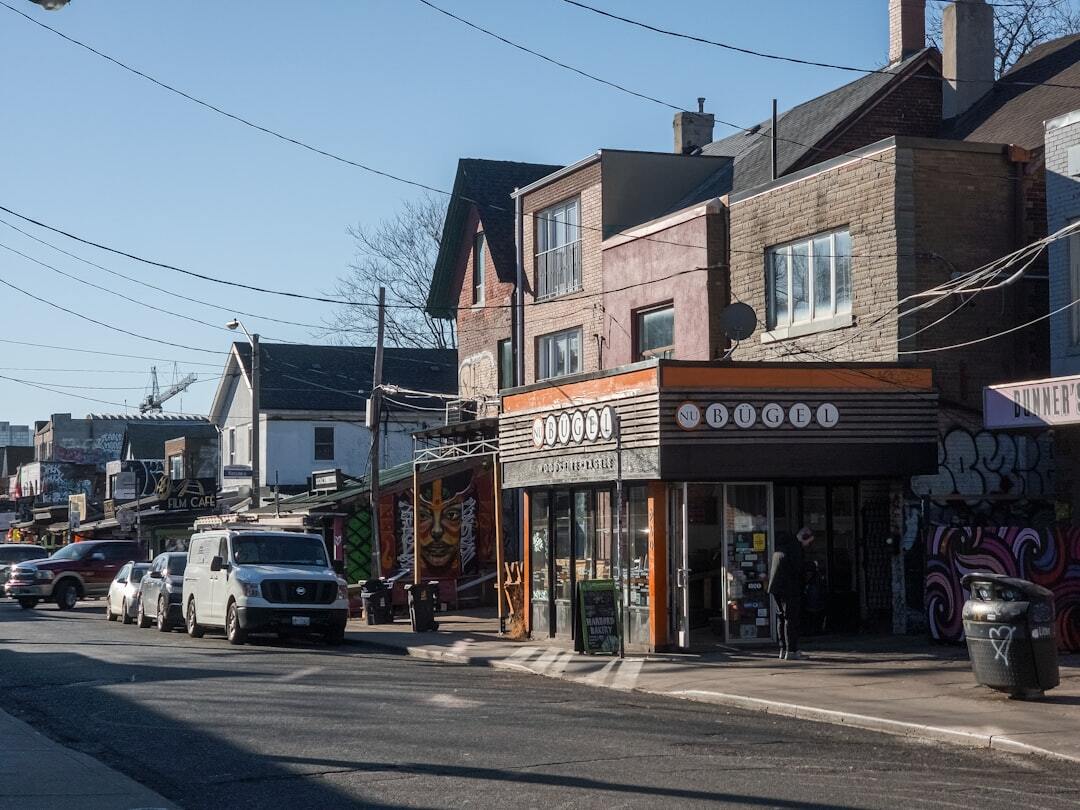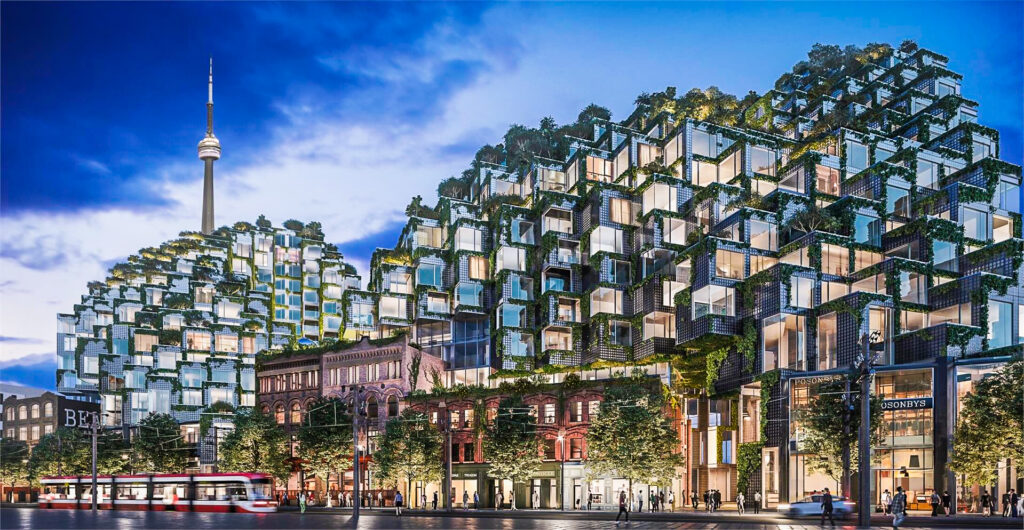In August 2024, the housing market in Greater Vancouver continued to be a hot topic of discussion as prices soared to new heights. The demand for housing in the region remained strong, driven by a combination of factors such as low interest rates, high levels of immigration, and a robust economy. As a result, buyers were faced with fierce competition and limited options, pushing prices up across the board.
Single-family homes saw the most significant increase in prices, with the average cost reaching well over $2 million. The limited supply of detached houses, coupled with high demand from affluent buyers, contributed to this surge in prices. As a result, many middle-class families were priced out of the market, struggling to find affordable options within the city limits.
Condo prices also continued to rise, albeit at a slightly slower pace compared to single-family homes. The average cost of a condominium in Greater Vancouver surpassed the $1 million mark, with buyers flocking to the city's urban centers in search of convenient and affordable housing options. As more young professionals and downsizing seniors sought out condominium living, developers rushed to meet the demand by building more high-rise towers in the city's core.
The rental market in Greater Vancouver also experienced significant challenges, with vacancy rates hitting record lows. As more people opted to rent rather than buy, landlords capitalized on the demand by raising rents to unprecedented levels. This put a strain on many tenants, especially those with lower incomes, who struggled to afford the high cost of living in the region.
The government's efforts to address the housing crisis in Greater Vancouver have been met with mixed reactions. Measures such as foreign buyer taxes and restrictions on short-term rentals have had some impact on the market, but many experts believe that more needs to be done to make housing more attainable for all residents. Affordable housing advocates have called on the government to take bold action to increase supply and implement policies that prioritize the needs of low- and middle-income earners.
Despite the challenges facing the housing market in Greater Vancouver, some experts remain optimistic about the region's long-term prospects. With its strong economy, beautiful natural surroundings, and diverse cultural offerings, Vancouver continues to attract people from all over the world looking to make a home in this vibrant city. As the population grows and demand for housing increases, it will be crucial for policymakers, developers, and community leaders to work together to ensure that everyone has access to safe, affordable, and sustainable housing options.
In conclusion, the housing market in Greater Vancouver in August 2024 was characterized by soaring prices, fierce competition, and limited supply. While the region's strong economy and desirable lifestyle continue to attract buyers and renters alike, many residents are struggling to find affordable housing options. As policymakers grapple with the challenges facing the market, it will be essential for them to prioritize the needs of all residents and work towards creating a more inclusive and sustainable housing sector for the future.






